Essential Minerals: The Building Blocks of Health in Your Daily Diet
Minerals in daily diet plays a crucial role in various bodily functions and hormone balance. From nerve transmission and muscle contraction to tissue growth and immune system function, minerals are vital for maintaining good health. Including a variety of minerals in your daily diet is crucial for overall health and well-being.
Importance of Minerals in Your Diet
Minerals are essential for maintaining overall health and well-being. Minerals help in various bodily functions, including nerve transmission, muscle contraction, hormone production and controlling body fluids. Minerals also contribute to the growth and repair of tissues, bone strength, and immune system function. Without adequate minerals in your diet, you may be at risk of nutrient deficiencies and various health problems. Incorporating minerals like calcium, iron, zinc, and potassium in your daily diet ensures proper physiological processes, supports immunity, and maintains overall well-being.
A balanced diet that includes a variety of fruits, vegetables, whole grains, and lean protein can provide you with the minerals you need.
Minerals: Essential Nutrients for Your Body
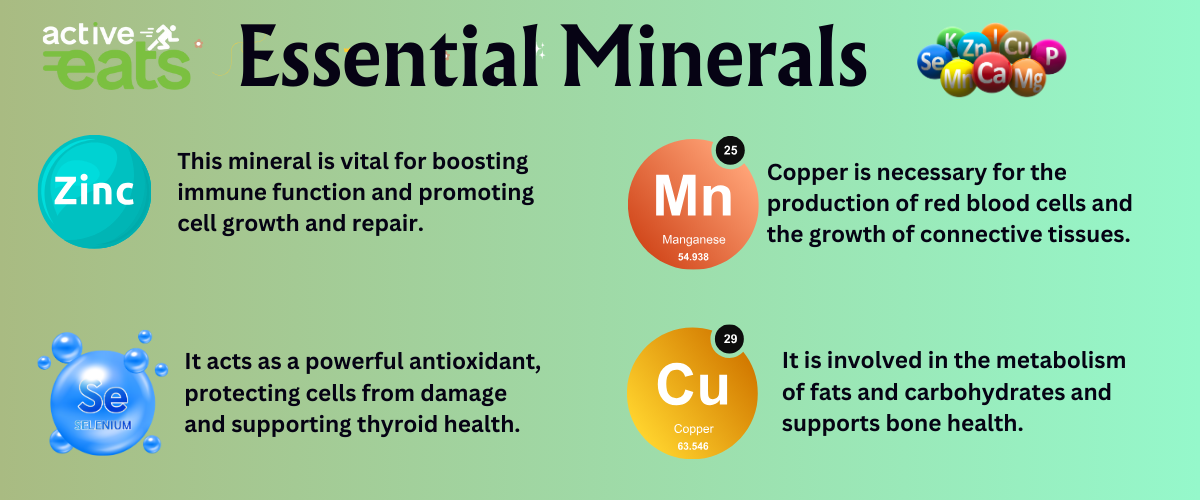
Your body requires minerals to stay healthy and perform many functions daily. They are involved in hundreds of biochemical reactions in the body, supporting various functions of important organs. Without adequate mineral intake, your body may experience imbalances and deficiencies that can lead to health issues.
To ensure your body receives an adequate intake of these essential minerals, it’s important to include a variety of mineral-rich foods in your diet. Incorporating sources such as lean meats, whole grains, nuts, seeds, and legumes can help you meet your body’s mineral needs and support overall health and well-being.
Minerals in Daily Diet: A Vital Source of Nutrition
Some food contains more minerals than others. Whole grains, fruits, vegetables, legumes, and nuts are excellent sources of minerals. These foods provide a wide range of minerals, including calcium, magnesium, potassium, and iron. Including such a variety of mineral-rich foods in your daily diet can help meet your body’s mineral needs. Try incorporating leafy greens, seeds, and dairy products into your meals for an extra mineral boost.
The Role of Minerals in Water and Hydration
Drinking water infused with minerals can contribute to your overall hydration. Minerals like calcium, magnesium, and potassium in water can aid in maintaining fluid balance in the body. Mineral-rich water can also provide some of the essential minerals your body needs daily. Consider opting for mineral water instead of regular tap water to enhance your hydration and mineral intake.
Mineral Water: A Natural Source of Minerals

Mineral water is a natural source of various essential minerals. It contains minerals like calcium, magnesium, and potassium, which are beneficial for your health. By choosing mineral water, you can supplement your diet with these vital minerals. Incorporate mineral water into your daily routine for an easy and refreshing way to boost your mineral intake.
Popular Black Alkaline Water
Black alkaline water is a type of water that has been infused with minerals and is typically black in colour due to the presence of activated charcoal. Activated charcoal is known for its ability to absorb impurities and toxins from the body. It has been treated to have a higher pH level and a lower acidity level than regular tap water.
The pH level of black alkaline water is typically around 9.5, which is considered to be alkaline rather than acidic.
Advantages of black alkaline water include:
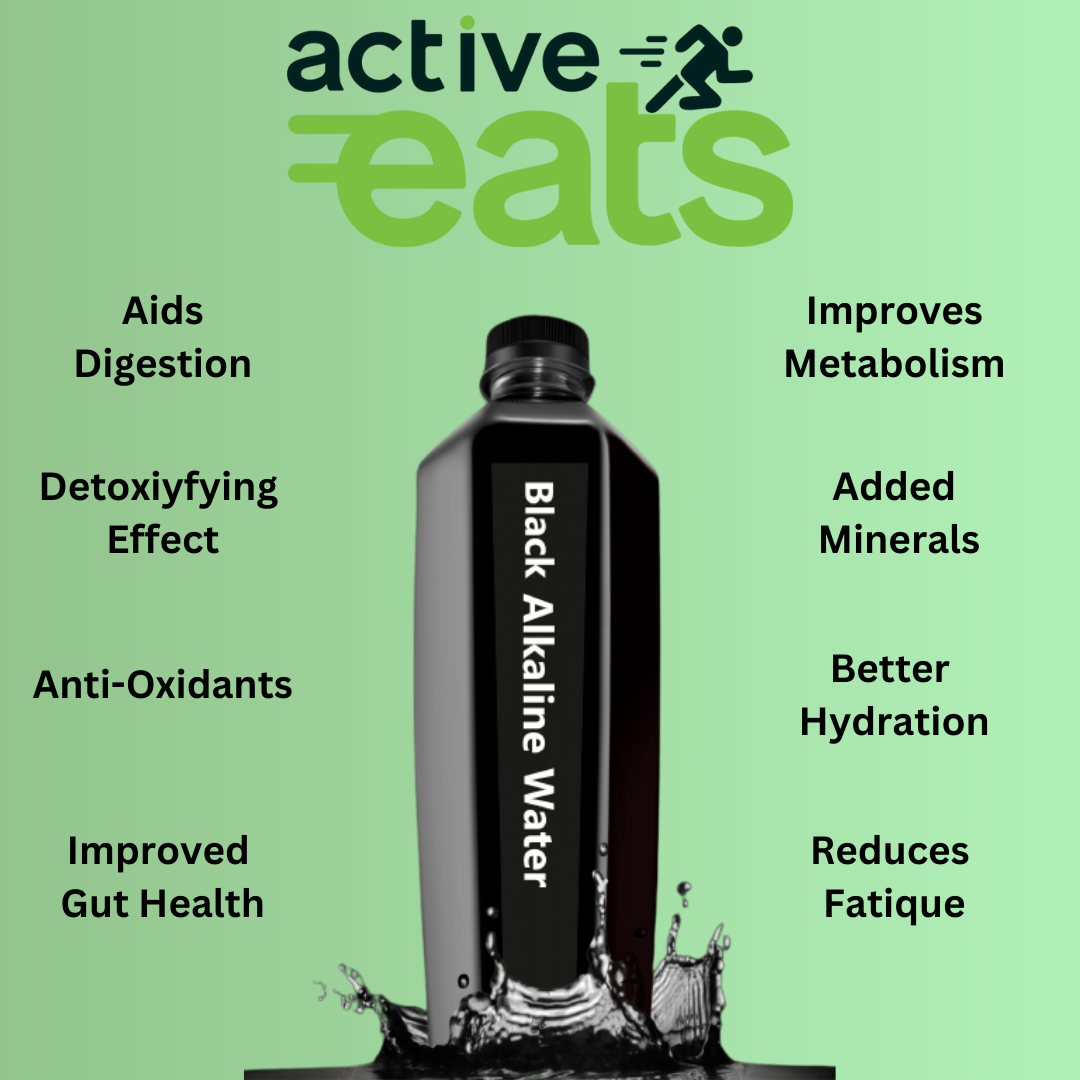
Detoxification: The activated charcoal in black alkaline water helps to remove toxins and impurities from the body, promoting detoxification.
Improved digestion: Black alkaline water can aid in digestion by reducing bloating and gas.
Hydration: Like regular water, black alkaline water helps to keep the body hydrated, supporting optimal bodily functions.
Improving skin health: Some people believe that drinking black alkaline water can improve skin health by increasing blood flow and reducing inflammation.
Improving the body’s pH balance: By increasing the pH level of the water, some people believe that it can help to neutralize acidic waste in the body and improve overall pH balance.
Antioxidant properties: The minerals present in black alkaline water, such as magnesium and calcium, have antioxidant properties that can help protect the body against free radicals.
Minerals for Healthy Hair: The Key to Lustrous Locks
Certain minerals are crucial for maintaining healthy hair. Minerals like iron, zinc, and selenium contribute to hair growth and strength. Including foods rich in these minerals, such as lean meats, nuts, and seeds, can promote lustrous locks. Ensuring a well-balanced diet that includes these minerals can help support the health of your hair.
The Highest Amounts of Minerals Your Body Needs
Certain minerals are needed by the body in higher amounts than others. These minerals play integral roles in maintaining bone health, muscle function, and fluid balance:
Calcium: Essential for strong bones and teeth, as well as nerve and muscle function.
Phosphorus: Works with calcium to support bone health and is involved in energy production.
Magnesium: Required for over 300 biochemical reactions and plays a role in muscle and nerve function. It also helps in regulating blood sugar levels and muscle functions.
Sodium: Necessary for maintaining fluid balance and nerve signaling.
Potassium: Aids in fluid balance, muscle contractions, and nerve function.
Iron: Helps in transporting oxygen through the body.
Ensuring an adequate intake of these minerals through diet is essential for optimal bodily functions.
Minerals: Solution to your everyday health problems
Minerals are essential for many bodily functions, and a deficiency in any one mineral can lead to a variety of health problems. Here are some examples of how minerals can help with everyday health problems:
Problem: Trouble in Sleeping or having muscle cramps.
Solution: You need Magnesium.
Problem: Feeling weak throughout your day?
Solution: You need Zinc.
Problem: Having low energy or shortness of breath?
Solution: You need Iron.
Problem: Having a headache?
Solution: You need Sodium.
Problem: Waking up feeling tired?
Solution: You need potassium.
Top Fruits and Vegetables high in essential Minerals
It is important to note that the amount of any mineral in fruits and vegetables can vary depending on the variety, the way they are cooked, and the method of measurement. However, these are some of the best fruits and vegetables to include in your diet if you are looking to boost your minerals intake.
Zinc rich foods:
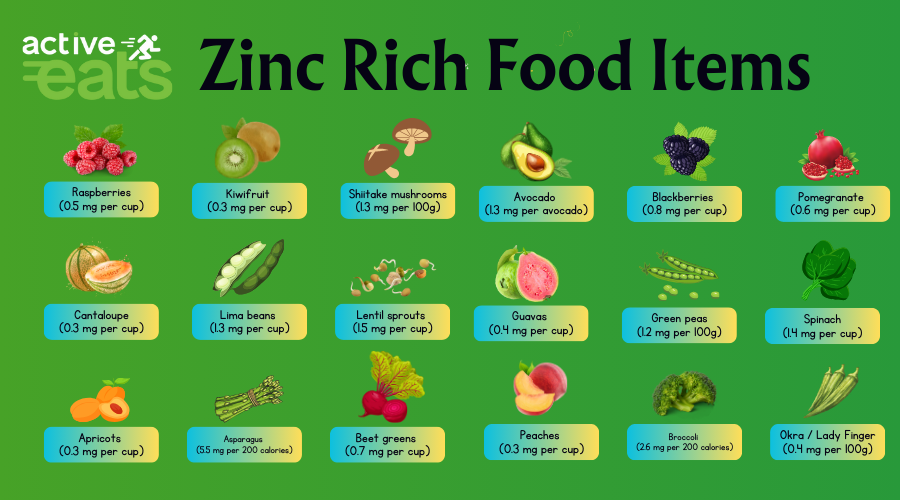
Iron rich foods:
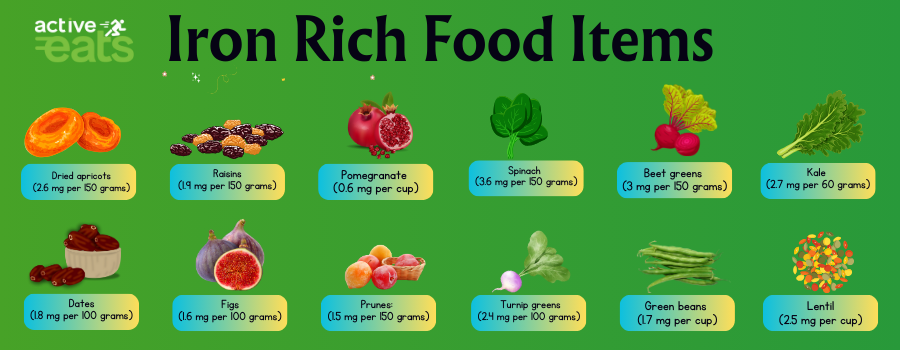
Magnesium rich Foods:

Sodium rich foods:
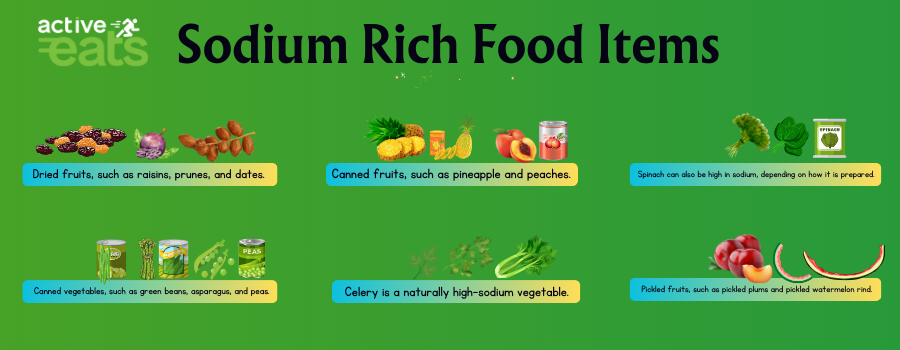
Potassium rich foods:
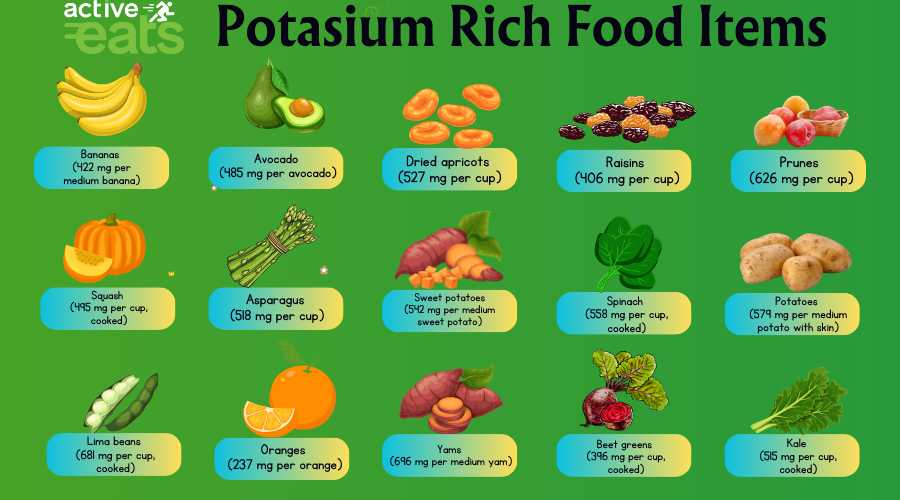
Calcium rich foods:
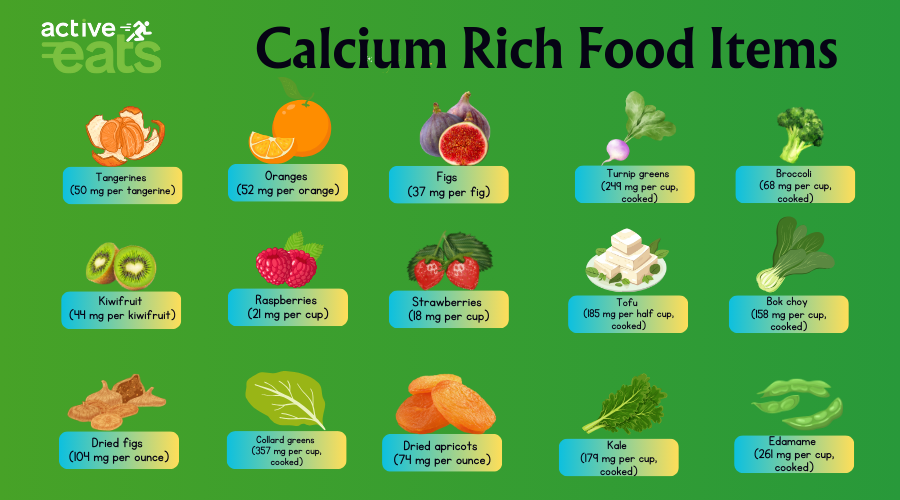
Minerals: Role in balancing hormones
Minerals act as catalysts for numerous biochemical reactions in the body responsible for balancing the hormones.
Zinc helps convert the T4 hormone (triiodothyronine) released by thyroid gland into adequate amount of T3 (thyroxin).They play an important role in maintain body weight and regulating body temperature by monitoring metabolic rate of the body. They also support healthy skin, hair and nail growth.
Magnesium helps balance our biological clock. It also helps in producing testosterone, estrogens and progesterone. Magnesium also fuels mitochondria which act as the power house of the cell. Additionally, it acts as anti-inflammatory mineral which helps reducing inflammation caused by auto-immune response.
Manganese helps produce puberty hormones in male as well as female body. Manganese is stored in hypothalamus gland as it can cross the blood-brain barrier and helps in producing the secretion of estrogen responsible for normal menstrual cycle. Whereas in males, high levels of Manganese resulted in low testosterone levels. Therefore, a balanced amount of manganese is needed by body to regulate hormones.
Conclusion
Minerals are crucial for maintaining optimal health and well-being. They play a vital role in various bodily functions and contribute to the growth and repair of tissues, bone strength, and immune system function. Including a variety of mineral-rich foods and beverages in your daily diet, such as whole grains, fruits, vegetables, legumes, nuts, and mineral water, can help ensure you are meeting your body’s mineral needs. By prioritizing minerals in your diet, you can support your overall health and enjoy the benefits of strong hair, optimal hydration, and fuelling your body’s vital functions and hormone balance.

